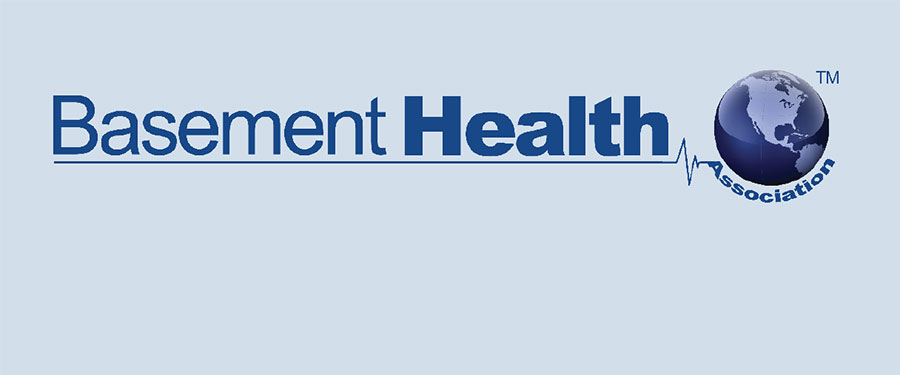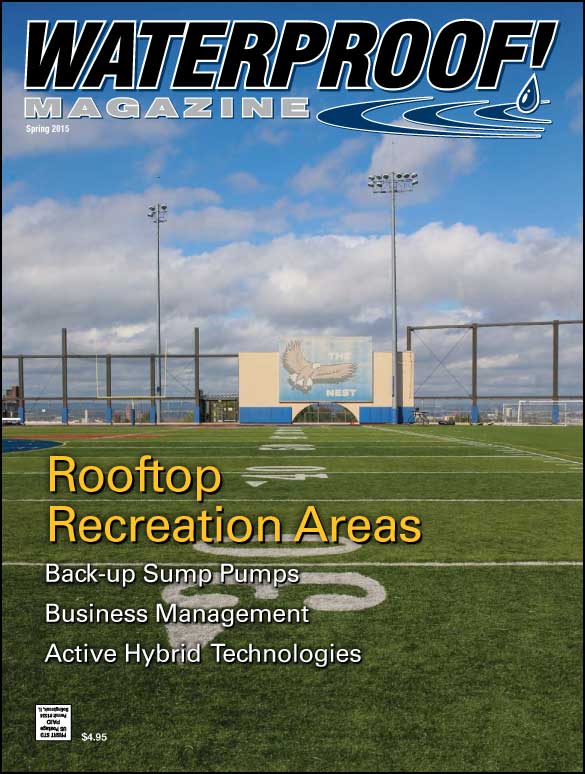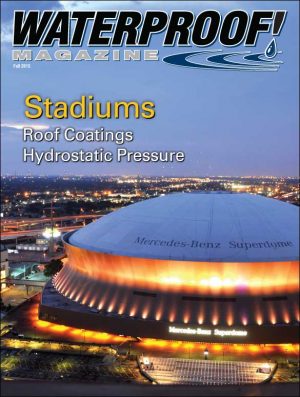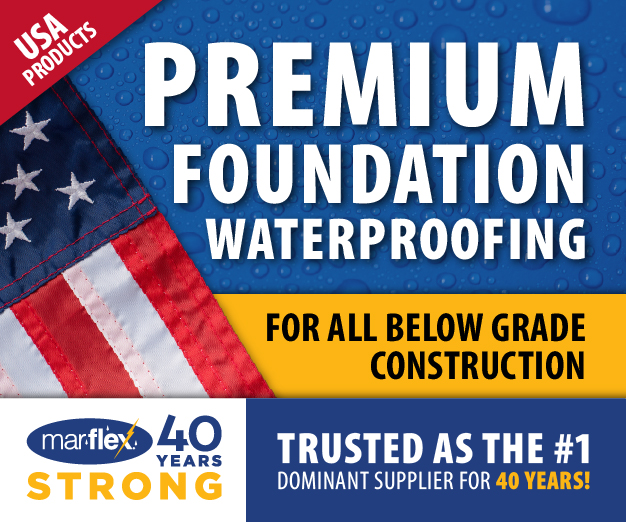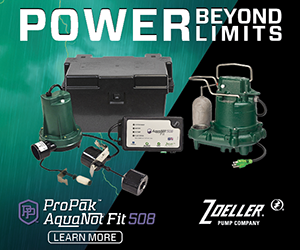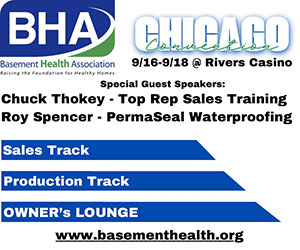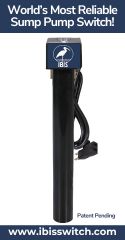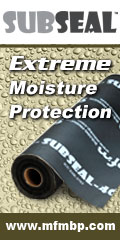A few years ago, members of the Basement Health Association board of directors were talking to another waterproofing contractor about his business. He was finding success and growing his company. At the end of the conversation, he said only half-jokingly, “Now, I just need to figure out how to control the weather.”
Most waterproofing contractors can relate to his statement. The weather has a disproportionate impact on remedial waterproofing businesses. Sometimes, it seems profitability comes and goes with the rain. But part of running a successful waterproofing business is developing a plan to survive and thrive regardless of whether the rain comes.
Over the past two years, depending on the region of the country, some have seen the best two years of the company’s life or the worst. For those in the Northeast, business is probably booming. This area has seen record rain and snowfall during 2013 and 2014. However, businesses in the southern states and the west are dealing with serious drought. The unseasonably dry climate over the past few years has left some struggling to keep their businesses afloat.
Each end of the spectrum produces different and unique challenges and opportunities for a waterproofing company. Obviously, drought is not an advantageous climate for a waterproofing company as consumers tend to be reactionary. (If there is water in the basement, they’ll call. If not, they generally won’t.)
What is a remedial waterproofing company to do if the dry times seem to stretch on? The choice generally comes down to three options: cut down to a skeleton crew, hunker down, and ride out the drought, (hopefully, you put away enough money during the last wet season to do this); two, diversify and creatively find new ways to stay busy; or, three, close your doors.
Some hesitate to admit number three is an option, but it is the harsh reality. Too many times, waterproofing companies—especially new companies that haven’t survived a dry season yet—go out of business when times get hard. More seasoned waterproofing companies have most likely been through a dry spell before and have experience with options one or two. Waterproofing companies that have been around for more than ten years know firsthand that long-term weather trends come in cycles and phases. Reviewing a farmer’s almanac can give you a good idea at the pattern of dry and wet years for any given region of the country.
The BHA believes the best way to survive a dry season is to get creative and diversify. For instance, structural repair is a great way for a basement waterproofing company to diversify. While waterproofing is a more common service in the wet seasons, structural repair can keep companies quite busy during the dry seasons as soils shift and settle.
Waterproofing companies that choose to diversify into structural repair work will obviously have to invest in structural repair equipment and training. It may mean hiring different people or it may mean retraining your existing crews to do a different job. Most structural repair manufacturers and suppliers offer certifications and training for their specific products. They can help determine what structural repair systems are best in each region of the country based on climate, soil, and foundation type.
While dry seasons pose challenges, being a waterproofing contractor is not easy during busy rainy seasons either. “Too much of a good thing” means boosting crews, hiring and training the right people and servicing large volumes of consumers. This means more crews out on the road, long hours and lots of hard work. It may also mean buying or renting more equipment and hiring more office staff to manage incoming calls.
One of the biggest struggles is managing growth conservatively so when the rain disappears again, crews will taper down painlessly if the company needs to move into survival mode. Odds are it eventually will!
The Basement Health Association is a nonprofit trade association for contractors and suppliers in the waterproofing, water diversion, and structural repair, as well as crawlspace and basement health industries. The BHA’s mission is to educate the general public about the waterproofing industry while bettering the industry professionals through education and certifications.
Spring 2015 Back Issue
$4.95
Active Hybrid Waterproofing Technologies
Back-up Sump Pump Systems
Rooftop Recreation Areas
AVAILABLE AS DIGITAL DOWNLOAD ONLY
Description
Description
Active Hybrid Waterproofing Technologies
By Stacy Byrd
This new non-curing, self-sealing technology makes it easier than ever to confidently waterproof difficult areas. It’s already been used on several landmark products.
Back-up Sump Pump Systems
By Blake Jeffery
Every home with a sump pump should have a reliable backup sump pump system to protect from problems such as power outages, switch malfunctions, and clogs.
Rooftop Recreation Areas
By Michael Popke
Pressed for space, campuses on both coasts have found room to expand their athletic fields by building stadiums on top of existing buildings. Obviously, waterproofing was a major concern.
Additional Info
Additional information
| Magazine Format | Digital Download Magazine, Print Mailed Magazine |
|---|

